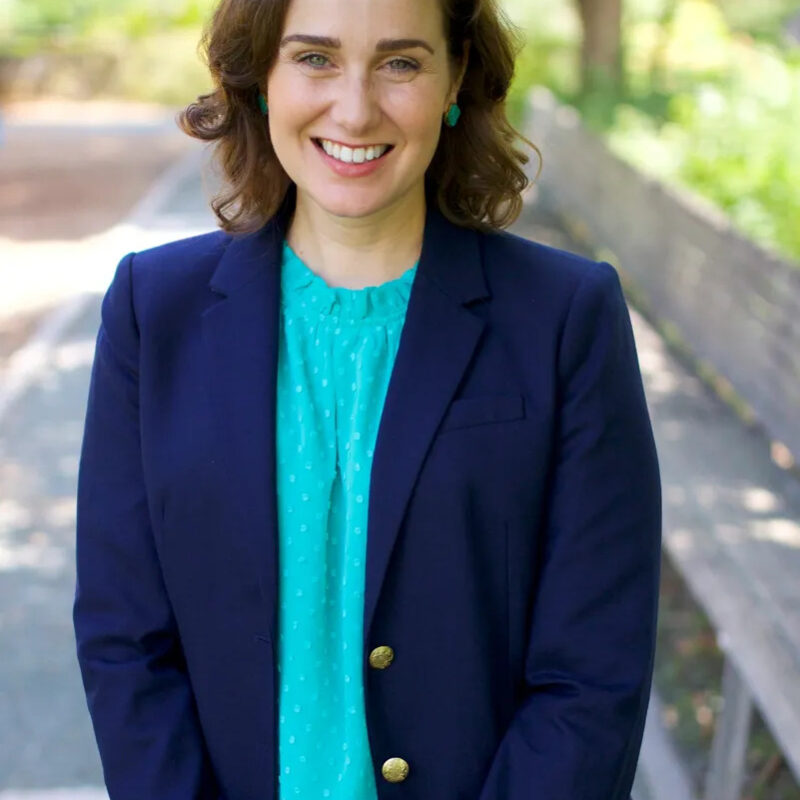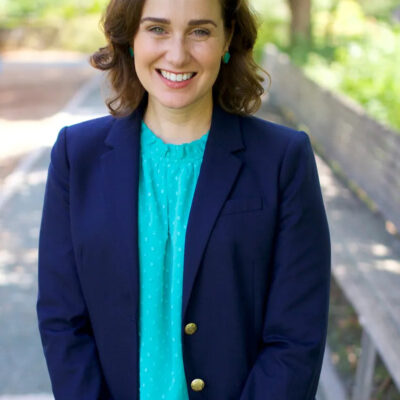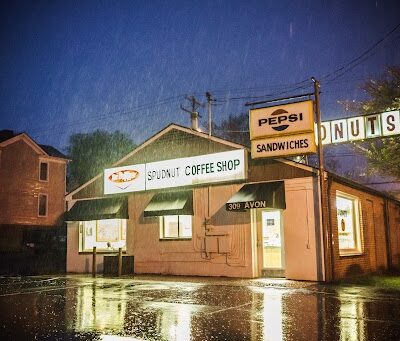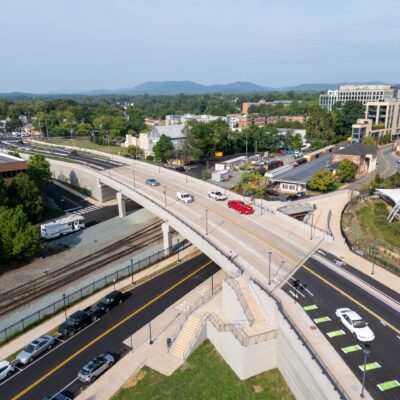It’s no secret that the City of Charlottesville was disappointed with the 2000 census. In general, the more people, the more federal and state dollars, and originally the 2000 census concluded that 45,049 folks lived in the city.
But Albemarle County quickly noticed that one block at UVA had zero responses, and the city joined the county in challenging that result. Once it was officially determined that some UVA dorms mistakenly made it into the city’s tally, Charlottesville’s population was adjusted down to 40,099, meaning that 376 fewer people lived in Charlottesville in 2000 than in 1990.
What was more galling to local officials: After census takers mail out responses, they go knock on the doors of houses and apartments that didn’t respond. The problem for Charlottesville? Forms were mailed right around UVA’s spring break. Many students hadn’t returned when census takers went knocking on doors.
So, though census 2010 is a year away, Charlottesville is already taking it very seriously. On April 1, city and county officials huddled under the Pavilion to hold an official census “kick off,” complete with speeches by the mayor and the chair of the county Board of Supervisors. The city is spending $10,000 on the campaign to raise awareness.
Of particular concern to local officials, who very much want the dollars that come with having every person counted, are historically lower response rates from students and poor people. In 2000 in the city, for instance, 78 percent of residents in the Locust Grove neighborhood returned census surveys, while only 56 percent of residents returned surveys from the Fifeville/Ridge Street neighborhoods. The Corner? A paltry 55 percent.
Sheri Iachetta, city registrar and chairperson of the city’s “Complete Count Committee,” is pleased that this year, the census will be in both English and Spanish—and be much less involved. In 2000, one of every 10 surveys was a “long form.”
This year, all the questionnaires will seek to know only the name, relationship, gender, age, date of birth and race of everyone in a household, as well as whether the home is owned or rented.
“As soon as I got [the form,] I looked to see how they would explain college students, and I think it’s very well done,” says Iachetta.
Unlike with, say, taxes, there is no personal penalty for not filling out a census form. But many people, particularly illegal immigrants, are afraid that there could be some penalty for giving such info to the government. Which is why county Board Chair David Slutzky stressed the federal laws penalizing sharing of raw census data, which is kept confidential for 72 years.
“There’s truly no disadvantage for our citizens to be counted,” said Slutzky. “It’s appropriate, safe, and to their best interest.”
C-VILLE welcomes news tips from readers. Send them to news@c-ville.com.





